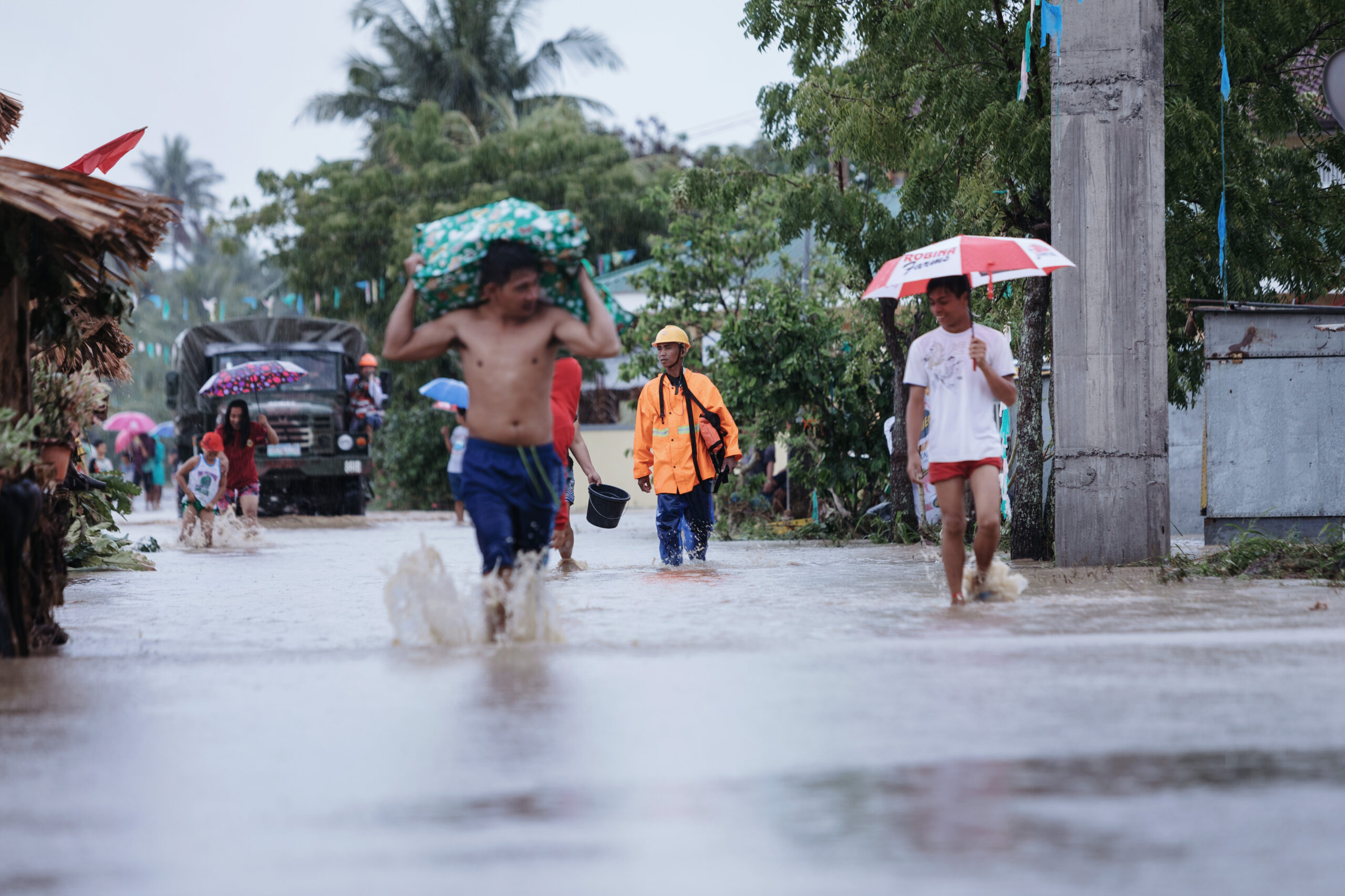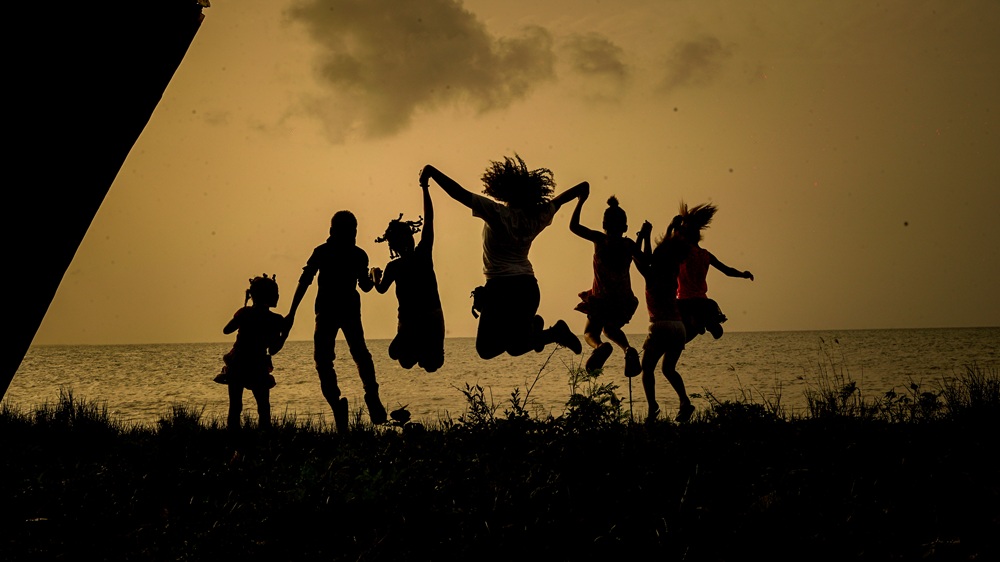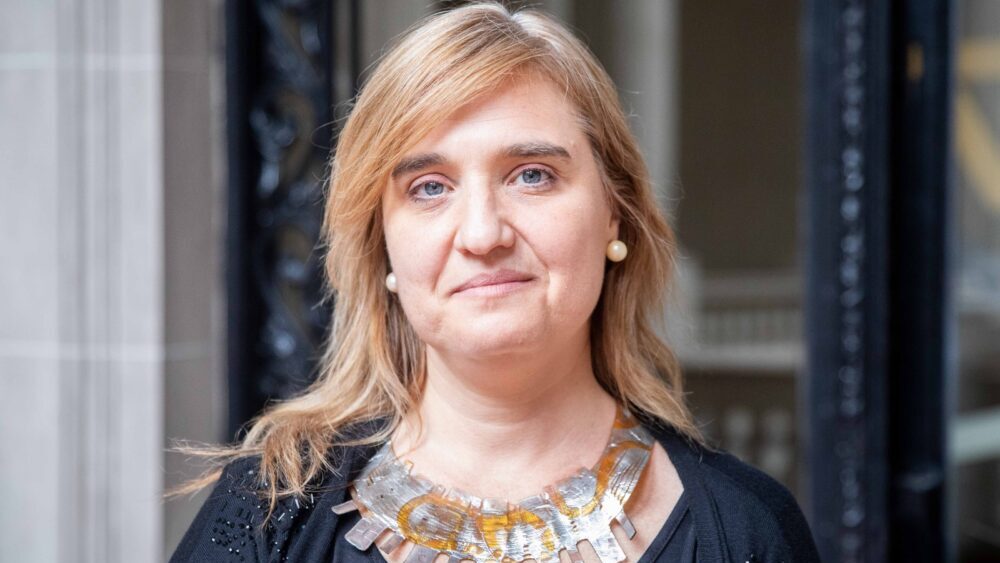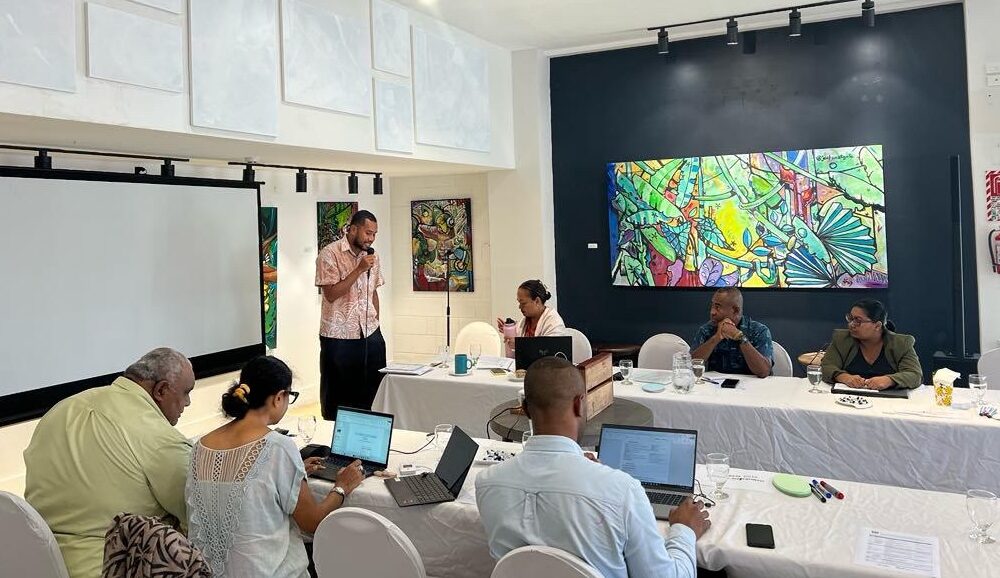“Academic forums try to offer a neutral space where robust reflection on data and on the pros and cons of distinct policy approaches can take place as a productive exchange of views. For the global debate on disaster displacement, this is of real importance, as this can be a sensitive topic for policymakers”
The Refugee Law Initiative (RLI) of the School of Advanced Study at the University of London is collaborating with the Platform on Disaster Displacement for an exciting new seminar series on policy responses to the impact of natural hazards on human mobility. In this 11th edition of the RLI Annual Seminar Series, the seminars go virtual, with experts from around the world exploring the challenges posed by the slow-onset impacts of climate change and environmental degradation, sudden-onset disasters, and related population movement. Displacement, migration, and planned relocation within and across borders will be explored in six topical sessions from October 2020 to March 2021, bringing together scholars and practitioners to discuss each theme in depth. Prof. David James Cantor, Founding Director of the RLI, tells us more about the series ‘Human Mobility, Natural Hazards and Policy Responses’…
PDD Secretariat: Why has RLI chosen to focus on human mobility, natural hazards and policy responses for its 11th Annual Seminar Series?
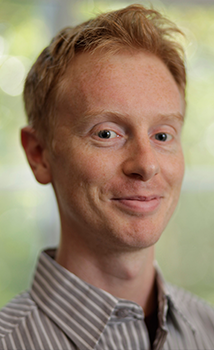 Prof. David James Cantor: The answer, as with so many things at the moment, is COVID-19! There’s a lot of interest in the impact of the coronavirus, including on human mobility. But a pandemic such as COVID-19 is just one example of a natural hazard.
Prof. David James Cantor: The answer, as with so many things at the moment, is COVID-19! There’s a lot of interest in the impact of the coronavirus, including on human mobility. But a pandemic such as COVID-19 is just one example of a natural hazard.
Thus, within the Refugee Law Initiative (RLI) seminar series, we are keen to link this debate with longer-standing discussions about human mobility in the context of natural hazards more broadly. That includes movement in the context of earthquakes, storms and so on.
In a broader sense, climate change is a very real threat that the world has to deal with. The rising impact it has on human mobility in all its forms, from displacement to migration to planned relocation, merits more attention. So in the current context, and looking to the foreseeable future, this topic deserves to be highlighted and law and policy explored further. The Platform on Disaster Displacement (PDD) is a natural partner for this year’s seminar series, given its centrality to ongoing work on displacement in the context of disasters.
PDD Secretariat: How do you perceive the role of academic discussions in influencing policy responses to disaster displacement?
Prof. David James Cantor: Academic forums try to offer a neutral space where robust reflection on data and on the pros and cons of distinct policy approaches can take place as a productive exchange of views.
For the global debate on disaster displacement, this is of real importance, as this can be a sensitive topic for policymakers. Not only for governments around the world but also for NGOs and international agencies with overlapping mandates in this area. A range of these perspectives are, of course, engaged across the six sessions of this seminar series.
Yet disaster displacement is also a challenge that cannot be met without building bridges between different policy arenas – disaster response, action on the environment and climate change, development planning, humanitarian efforts and human mobility, to name but a few. Here also the value of constructive cross-sector engagement in an academic forum is evident.
But academia also offers a broader contribution to the disaster displacement response. Academic research has helped to shape policy responses to disaster displacement in regions such as Latin America. Teaching in universities also disseminates knowledge of the issue – as with the new ‘disaster displacement’ module on the RLI’s distance-learning MA in Refugee Protection.
PDD Secretariat: With the seminar series going virtual for this edition, what opportunities/limitations do you see in terms of the audience, speakers, and their interaction?
Prof. David James Cantor: An unexpected silver lining to the COVID-19 crisis has been a greater willingness in the sector to take part in virtual meetings and seminars. In the past, that was a principal limitation that prevented us from running our annual seminar series online. But that has changed now.
Running the seminars via Zoom this year offers great advantages. We can now involve speakers with fantastic expertise from all over the world – have a look at the diverse and exciting programme of more than 20 speakers. But a truly global audience can now participate too.
Perhaps the biggest challenge is, in fact, accommodating different time zones. We’ve set these seminars for a 1.30pm UK time start. Hopefully, this allows speakers and audiences based not only in London but also far to the east and to the west to take part.
As usual, we will still make the seminars available afterwards as podcasts on the RLI website. You can also find podcasts from previous seminar series there too.
PDD Secretariat: Disaster displacement being such a global and multi-faceted phenomenon, where do you think scholarly and practitioner attention is most needed in the current context?
Prof. David James Cantor: I think perhaps I’d prefer to let the seminar speakers and audience decide that for themselves!
Even so, my hope is that the six topics that the RLI and PDD have selected for this year’s sessions do identify a number of areas of pressing concern for scholars and practitioners.
Specifically, they include:
- Conceptualising policy – do ‘climate refugees’ or ‘environmental migrants’ really exist?
- Data and knowledge on human mobility in the context of natural hazards
- Global policy debates, mobility and natural hazards
- Internal displacement, migration and planned relocation in the context of natural hazards
- Legal responses to cross-border ‘environmental’ mobility
- Implications for policy of a (post-?) COVID-19 world…
Finally, on a personal note, in the penultimate seminar, you’ll hear a presentation from me. This is on a topic that I’ve recently been writing about: what lessons the diverse legal/policy practice in the Americas can teach us about how to respond to disaster displacement. In fact, an advance draft of the paper (accepted for publication by the Chicago Journal of International Law) can be found here. But that’s only for anyone who really can’t wait until the seminar in February 2021!
We look forward to seeing you at the series! Register for the seminars here.
——-
Photo 1: © Joonas Brandt / Finnish Red Cross
Photo 2: © David James Cantor
Useful Links
Read more about the Refugee Law Initiative
Register for the seminars here.
Click on the icon below to read more about the first webinar of the RLI Seminar Series on:
Conceptualising policy – do ‘climate refugees’ or ‘environmental migrants’ really exist?
Download the programme for the series:
RLI-PDD Webinar Series Programme
Download the series flyer:
Learn more about PDD’s work in our Workplan 2019-2022:

